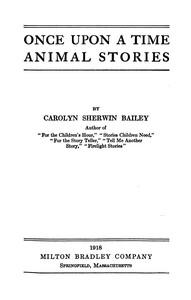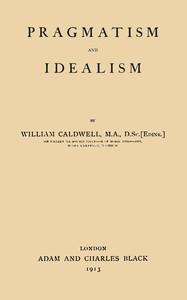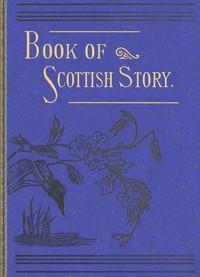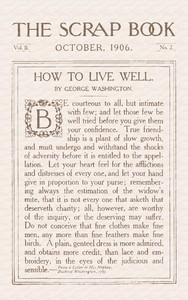Read this ebook for free! No credit card needed, absolutely nothing to pay.
Words: 500793 in 111 pages
This is an ebook sharing website. You can read the uploaded ebooks for free here. No credit cards needed, nothing to pay. If you want to own a digital copy of the ebook, or want to read offline with your favorite ebook-reader, then you can choose to buy and download the ebook.
THE BOOK OF
SCOTTISH STORY.
THE HENPECKED MAN.
BY JOHN MACKAY WILSON.
Every one has heard the phrase, "Go to Birgham!" which signifies much the same as bidding you go to a worse place. The phrase is familiar not only on the borders, but throughout all Scotland, and has been in use for more than five hundred years, having taken its rise from Birgham being the place where the Scottish nobility were when they dastardly betrayed their country into the hands of the first Edward; and the people, despising the conduct and the cowardice of the nobles, have rendered the saying, "Go to Birgham!" an expression of contempt until this day. Many, however, may have heard the saying, and even used it, who know not that Birgham is a small village, beautifully situated on the north side of the Tweed, about midway between Coldstream and Kelso; though, if I should say that the village itself is beautiful, I should be speaking on the wrong side of the truth. Yet there may be many who have both heard the saying and seen the place, who never heard of little Patie Crichton, the bicker-maker. Patie was of diminutive stature, and he followed the profession of a cooper, or bicker-maker, in Birgham for many years. His neighbours used to say of him, "The puir body's henpecked."
Patie was in the habit of attending the neighbouring fairs with the water-cogs, cream-bowies, bickers, piggins, and other articles of his manufacture. It was Dunse fair, and Patie said he "had done extraordinar' weel--the sale had been far beyond what he expeckit." His success might be attributed to the circumstance that, when out of the sight and hearing of his better half, for every bicker he sold he gave his customers half-a-dozen jokes into the bargain. Every one, therefore, liked to deal with little Patie. The fair being over, he retired with a crony to a public-house in the Castle Wynd, to crack of old stories over a glass, and inquire into each other's welfare. It was seldom they met, and it was as seldom that Patie dared to indulge in a single glass; but, on the day in question, he thought they could manage another gill, and another was brought. Whether the sight of it reminded him of his domestic miseries, and of what awaited him at home, I cannot tell; but after drinking another glass, and pronouncing the spirits excellent, he thus addressed his friend:--
"Ye remember when I first got acquainted wi' Tibby, she was doing the bondage work at Riselaw. I first saw her coming out o' Eccles kirk ae day, and I really thocht that I had never seen a better-faured or a more gallant-looking lass. Her cheeks were red and white like a half-ripe strawberry, or rather, I should say, like a cherry; and she seemed as modest and meek as a lamb. It wasna very lang until I drew up; and though she didna gie me ony great encouragement at first, yet, in a week or twa, after the ice was fairly broken, she became remarkably ceevil, and gied me her oxter on a Sunday. We used to saunter about the loanings, no saying meikle, but unco happy; and I was aye restless whan I was out o' her sight. Ye may guess that the shoemaker was nae loser by it during the six months that I ran four times a-week, wet or dry, between Birgham and Riselaw. But the term-time was drawing nigh, and I put the important question, and pressed her to name the day. She hung her head, and she seemed no to ken weel what to say; for she was sae mim and sae gentle then, that ye wad hae said 'butter wadna melt in her mouth.' And when I pressed her mair urgently--
"'I'll just leave it to yoursel, Peter,' says she.
"I thocht my heart wad louped out at my mouth. I believe there never was a man sae beside himsel wi' joy in this warld afore. I fairly danced again, and cut as many antics as a merryandrew. 'O Tibby,' says I,
'I'm ower happy now!--Oh, haud my head! This gift o' joy is like to be my dead.'
"'I hope no, Peter,' said she; 'I wad rather hae ye to live than dee for me.'
"I thocht she was as sensible as she was bonny, and better natured than baith.
Free books android app tbrJar TBR JAR Read Free books online gutenberg
More posts by @FreeBooks

: Once upon a time animal stories by Bailey Carolyn Sherwin - Animals Folklore; Animals Juvenile fiction; Conduct of life Juvenile fiction; Children's stories; Folk tales







